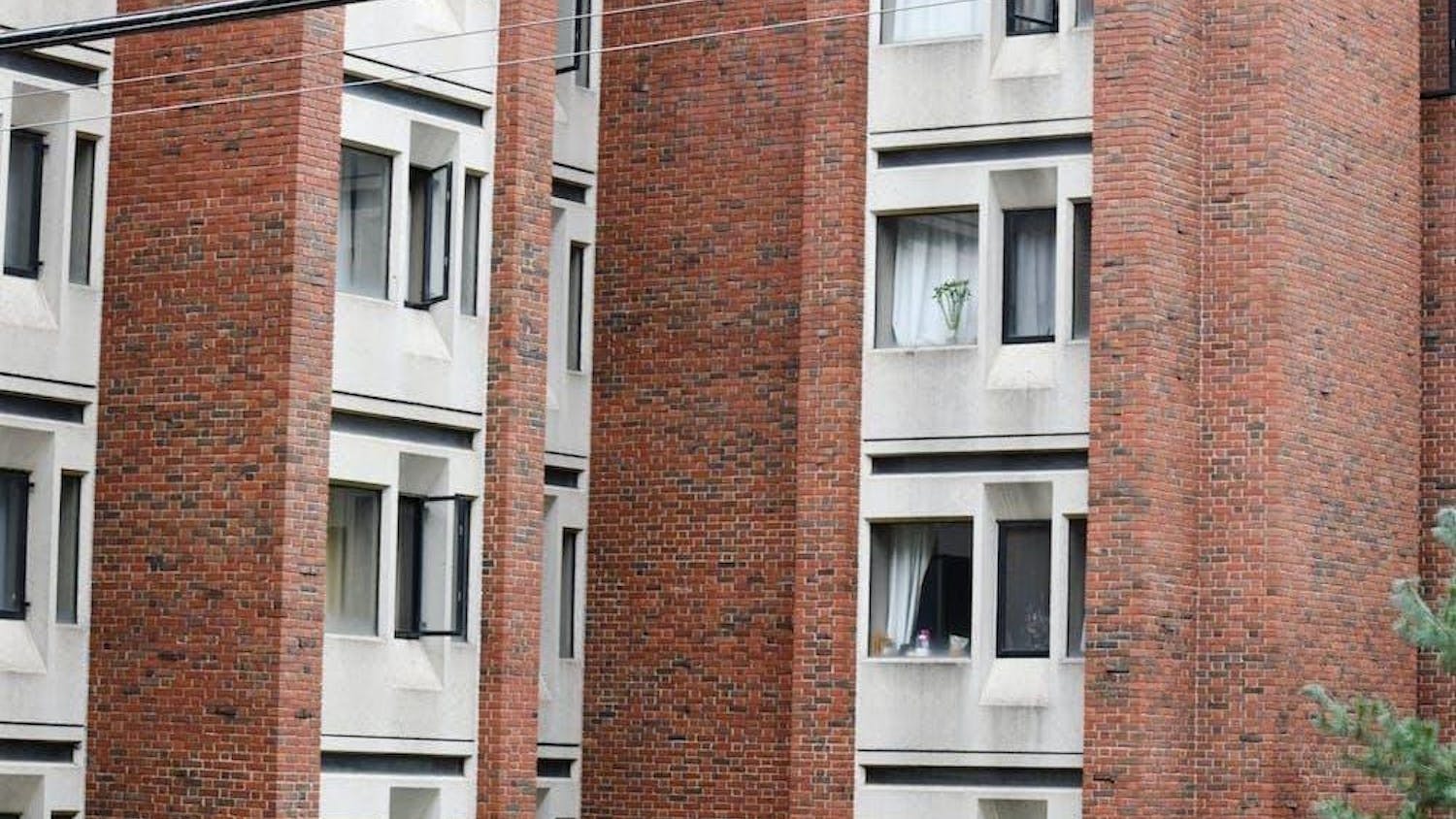Under a federal program recently activated by the state attorney general, anyone arrested by the Department of Public Safety will have their fingerprints and identity submitted to the Federal Bureau of Investigation to be run against federal law enforcement records.
Rhode Island Attorney General Peter Kilmartin recently activated Secure Communities, a federal program that sends arrest records to the FBI and Department of Homeland Security. The program applies to all municipal police forces in the state, including the Providence Police Department, and suspects arrested by DPS are booked by the PPD.
The majority of DPS activity does not rise to the level of making an arrest. But the department has arrested six people so far this year, according to Mark Porter, chief of police and director of public safety.
Secure Communities — created by U.S. Immigration and Customs Enforcement in 2007 — is an agreement between the FBI and the Department of Homeland Security to share identifying information on arrested individuals, including their fingerprints, said Amy Kempe, a spokeswoman for Kilmartin. Jurisdictions can opt to activate their participation in the program without pressure from the federal government, she said.
Once a jurisdiction activates the program, the police departments within that jurisdiction send the identification information, including fingerprints, of anyone they arrest to the FBI. The FBI runs this information through a database shared with the Department of Homeland Security. The program's primary purpose is to identify, and often deport, illegal immigrants who have already been arrested within the United States.
"There isn't a change in the system, in the way local police departments act," she said. Local police departments still do not have the authority to enforce immigration laws, she said.
Ian Eppler '13, president of the Brown chapter of the American Civil Liberties Union, said the Secure Communities program hurts interaction between immigrant families and police. "I think it's a bad thing for public safety, and it's a bad thing in terms of what impact it will have on racial profiling," he said.
But because the program applies to all arrests, Kempe said, "It does away with allegations of racial profiling."
Eppler called the program "disconcerting" and said it could hit home for part of the Brown community. "There are a number of undocumented students here … and I'm sure they're a little bit more on edge as a result of this announcement," he said.
"At this point in my life, I'm operating under the assumption that nothing I do is private," said Michael Zamost '14.
Nick Jacob '14 said he found the program's targeting of illegal immigrants distasteful. But as far as privacy concerns go, he said, "What I have on the Internet is way worse than my fingerprints."




